Introduction to Aretha 50mg Tablet
Aretha 50mg Tablet contains azathioprine as its active ingredient. This immunosuppressive medication is used to treat various autoimmune diseases and to prevent organ rejection following organ transplantation. It is effective in reducing joint inflammation and pain in individuals with rheumatoid arthritis, a chronic autoimmune condition that impairs mobility and joint function due to joint inflammation. Azathioprine also helps manage inflammatory bowel diseases such as Crohn’s disease and ulcerative colitis by controlling inflammation in the gastrointestinal tract. Crohn’s disease is a chronic condition that affects the digestive tract, leading to symptoms such as abdominal pain, diarrhea, and weight loss, while ulcerative colitis causes inflammation and ulcers in the colon and rectum. Additionally, azathioprine can be used to treat certain aspects of lupus when alternative treatments are inadequate.
Aretha 50mg Tablet may trigger hypersensitivity reactions in some individuals, manifesting as symptoms such as rashes, swelling, fever, nausea, and blood disorders. Due to its immunosuppressive properties, this medication can impair the body’s ability to combat infections, making it unsuitable for individuals with active infections. It should not be used in patients with severe bone marrow suppression or certain blood disorders. In cases of severe kidney dysfunction, the use of Aretha 50mg Tablet should be approached with caution and requires close monitoring. It is generally not recommended for individuals with active malignancies or those with a history of certain cancers, as it may increase the risk of malignancy. While Aretha 50mg Tablet can be prescribed for children and older adults to treat specific autoimmune conditions and for organ transplantation, its administration in these age groups necessitates vigilant monitoring due to age-related factors and associated risks.
Uses of Aretha 50mg Tablet
- Autoimmune diseases
- Inflammatory bowel diseases (IBD)
- Organ transplantation
- Autoimmune hepatitis
Therapeutic Effects of Aretha 50mg Tablet
Aretha 50mg Tablet undergoes conversion into an active metabolite known as 6-mercaptopurine within the body. This metabolite, a purine analog, disrupts the synthesis of DNA and RNA in rapidly dividing cells, including immune cells. By interfering with nucleic acid synthesis, it suppresses the activity of the immune system, inhibiting the proliferation of immune cells. Consequently, this medication reduces the production of antibodies and immune cells responsible for attacking the body’s tissues in autoimmune diseases. The resulting immunosuppressive effect helps to mitigate inflammation and manage the symptoms of autoimmune conditions, while also preventing rejection of transplanted organs by the body.
Interaction of Aretha 50mg Tablet with other drugs
It’s important to inform your doctor about all medications you are taking, including prescriptions, over-the-counter drugs, nutritional or vitamin supplements, and herbal products. Some medications may interact with Aretha 50mg Tablet, potentially reducing its effectiveness and leading to unwanted side effects.
More Information about Aretha 50mg Tablet
- Store at room temperature, between 20°C to 25°C (68°F to 77°F).
- Keep away from moisture, heat, and light.
- It should not be frozen.
- Keep away from children and pets.
How to consume Aretha 50mg Tablet
Aretha 50mg Tablet can be taken orally, either as tablets or oral suspension, for convenient ingestion. Adhering to the prescribed dosage and schedule is crucial to ensure the medication’s effectiveness and safety in managing various medical conditions.
Safety Advices for Aretha 50mg Tablet

Pregnancy
Aretha 50mg Tablet is generally not recommended during pregnancy, as it may harm the developing fetus.

Breast Feeding
Aretha 50mg Tablet is generally not recommended during breastfeeding as it pass into breast milk.

Liver
It is advisable to limit or avoid alcohol consumption while taking Aretha 50mg Tablet, as alcohol can interact with the medication and increase the risk of liver problems.Always consult a health care provider if you have any liver problems.

Alcohol
It is essential to seek guidance from a qualified healthcare professional to understand potential risks and ensure it is safe based on your individual health and circumstances.

Driving
It is essential to seek guidance from a qualified healthcare professional to understand potential risks and ensure it is safe based on your individual health and circumstances.
Side Effects of Aretha 50mg Tablet
Side effects are unwanted symptoms caused by medicines. Even though all drugs cause side effects, not everyone gets them.
Serious:
- Severe allergic reactions
- Severe liver problems
- Pancreatitis
- Severe bone marrow suppression
- Interstitial Pneumonitis
- Serious Infections
- Development of malignancies (including lymphoma)
Common:
- Nausea and vomiting
- Diarrhea
- Loss of appetite
- Rash or skin reactions
- Headache
- Hair loss
- Increased susceptibility to infections
- Bone marrow suppression (anemia, leukopenia, thrombocytopenia)
Word of Advice
Before starting Aretha 50mg Tablet, inform your healthcare provider about any allergies, liver or kidney issues, ongoing infections, or pre-existing medical conditions you may have. Since Aretha 50mg Tablet can weaken the immune system, increasing the risk of infections, try to avoid close contact with individuals who are sick. Regular blood tests are essential to monitor blood cell counts, and genetic testing may be beneficial for optimizing dosages in some cases. Practice sun protection, moderate alcohol consumption, and discuss family planning options if necessary. Always adhere to the prescribed dosage, attend regular check-ups, and remain vigilant for any side effects or changes in your health.
FAQs
Q 1. How long does it take for Aretha 50mg Tablet to start working?
The response to Aretha 50mg Tablet can vary among individuals and depends on the medical condition being treated. It may take several weeks to months to experience the full benefits of the medication. Your healthcare provider will monitor your progress and adjust the treatment plan as needed.
Q 2. Can I stop taking Aretha 50mg Tablet if my symptoms improve?
No, do not stop taking Aretha 50mg Tablet without consulting your healthcare provider, even if your symptoms improve. Suddenly stopping the medication can lead to a flare-up of the underlying condition or organ rejection after transplantation. Always follow your doctor’s instructions regarding the dosage and duration of treatment.
Q 3. Can Aretha 50mg Tablet cause pancreatitis?
In rare cases, Aretha 50mg Tablet may cause pancreatitis, characterized by severe abdominal pain, nausea, and vomiting. Seek immediate medical attention if you experience such symptoms.
Fact Box of Aretha 50mg Tablet
Molecule name: Azathioprine
Pharmacological class: Immunosuppressive agents
Therapeutic class: Immunomodulator
Indications:
1. Autoimmune diseases
2.Inflammatory bowel diseases (IBD)
3. Organ transplantation
4.Autoimmune hepatitis

 MEDICINES
MEDICINES PATIENT ASSISTANCE PROGRAMS
PATIENT ASSISTANCE PROGRAMS IMPORTED MEDICINES
IMPORTED MEDICINES CONTACT US
CONTACT US Upload
Upload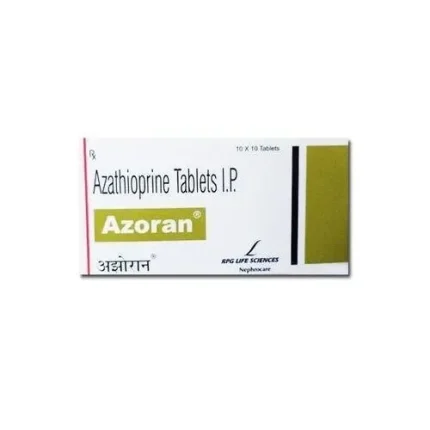




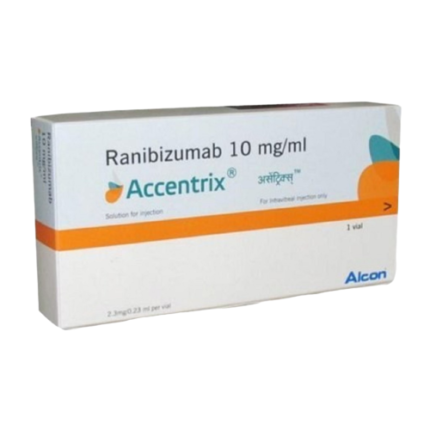
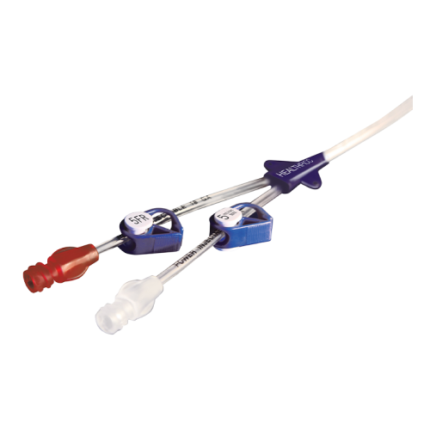
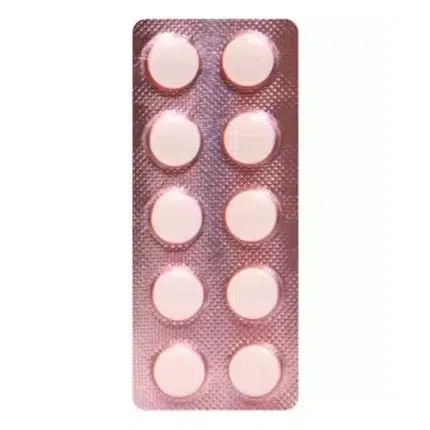

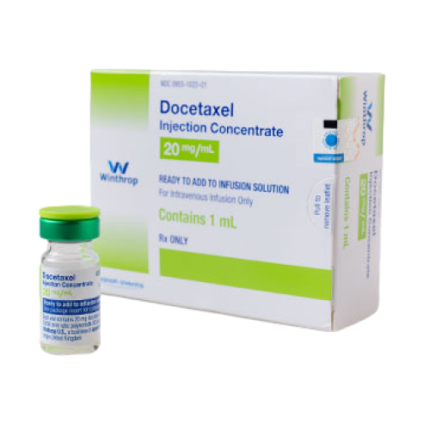

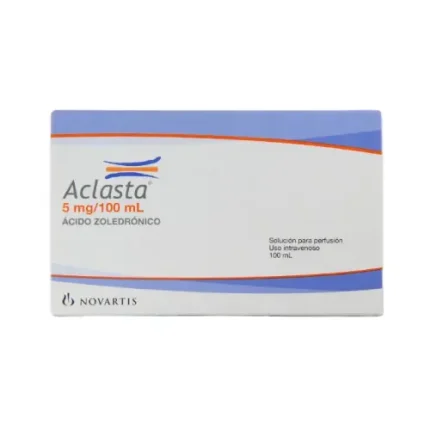
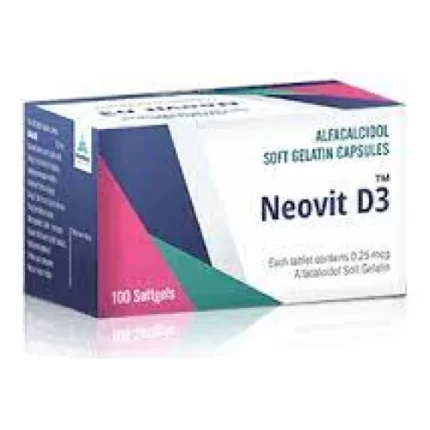
Reviews
There are no reviews yet.